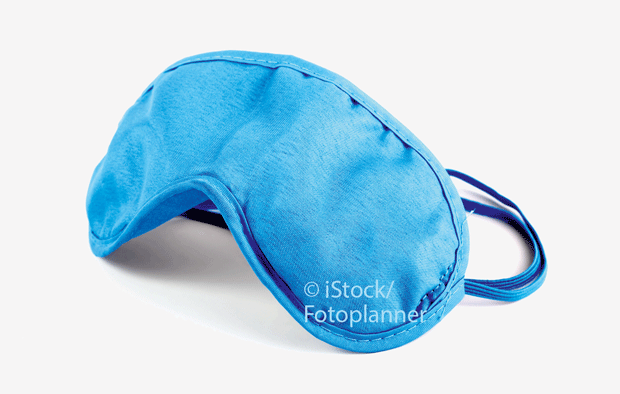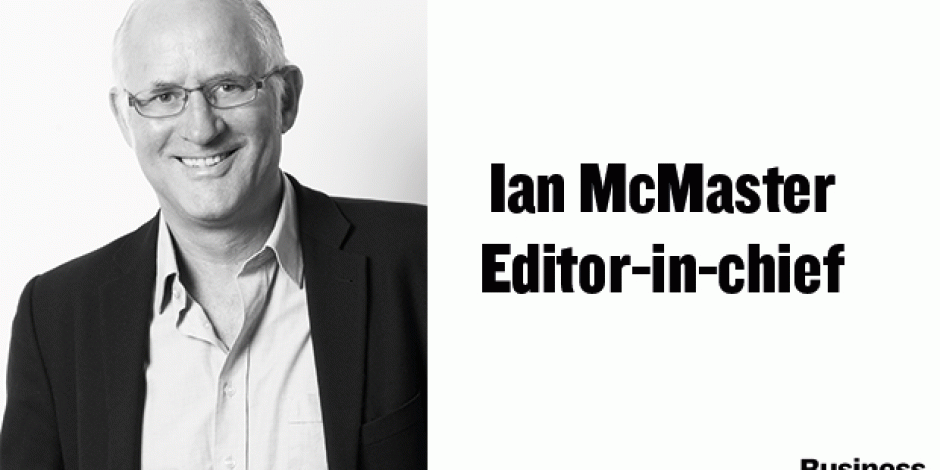21.02.2018
I didn’t sleep enough last night. And I am feeling the effects of that this morning as I write.
I slept fewer than six hours, whereas I need between seven and eight to feel and function at my best the following day.
Sleeping fewer hours is not all bad for me, just as long as it doesn’t go on for days — or, rather, nights — on end. After a short night, I often experience a form of light-headedleicht benommen; hier: unbeschwertlight-headed creativeness and get what I think are great ideas the next day. (My colleagues and friends don’t always agree that these ideas are great.)
At the same time, however, I am typically more irritablegereiztirritable, which isn’t good at all for my colleagues and friends. And I tend to to flagmüde werden, erschlaffenflag in the afternoon and am less able to concentrate on complicated or detailed tasks. A lack of sleep also increases my chances of getting ill.
It may sometimes seem like a waste of time, but sleep is the key
The fact that we need to sleep for around a third of our lives may seem like a waste of valuable time — or a failure of evolution to keep up with the demands of modern life. But sleep remains the key to success.
This is confirmed by a new report by Rand Europe: “Why sleep matters — the economic costs of insufficient sleep”.
The report suggests that lack of sleep costs the British economy alone around £40 billionMilliarde(n)billion (€45 billion) a year. The two main causes are absenteeismFehlzeit(en)absenteeism throughhier: wegenthrough illness, and “presenteeismPräsentismuspresenteeism” (turning up to work when tired or ill and not being fully functionalfunktionsfähigfunctional).
Individuals can do a lot to improve their sleep patternMusterpatterns, including going to bed at a similar time each day, doing more sport, avoiding excessive consumptionVerzehr, Konsumconsumption of sugary drinks and cigarettes, and not using computers and mobiles in the bedroom.
But the Rand report also makes clear that organizations have a key role to play in improving sleep health. This can include avoiding unrealistic time pressures and deadlines for staff and not expecting them to be reachableerreichbarreachable on electronic deviceGerätdevices in the evening.

Back in 2006, I came up with the idea of a “work-sleep index” to to monitor sth.etw. kontrollierenmonitor our balance between work and rest. The idea is very simple: divide the number of hours you work per day/week/month/year by the number of hours you sleep in the same period. If that number is much higher than 1, you may well not be sleeping enough.
And now, before I fall asleep again, I’m going out for a briskzügig, flottbrisk walk.
In his blog, Ian McMaster has been commenting on global business issues since 2002. For older entries, see the blog archive on our former website.


